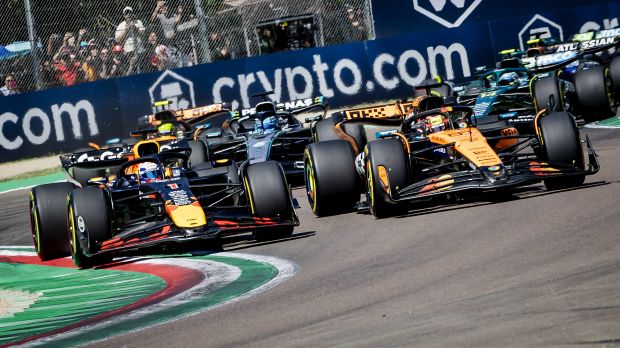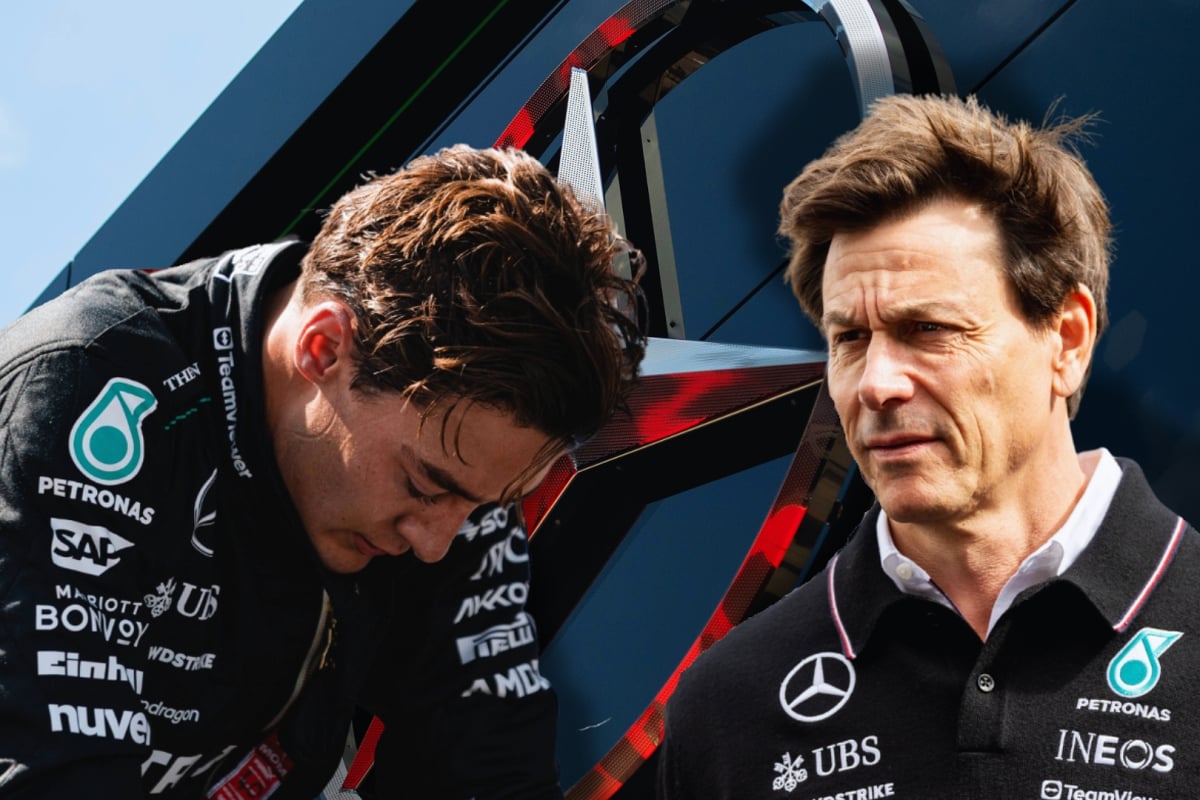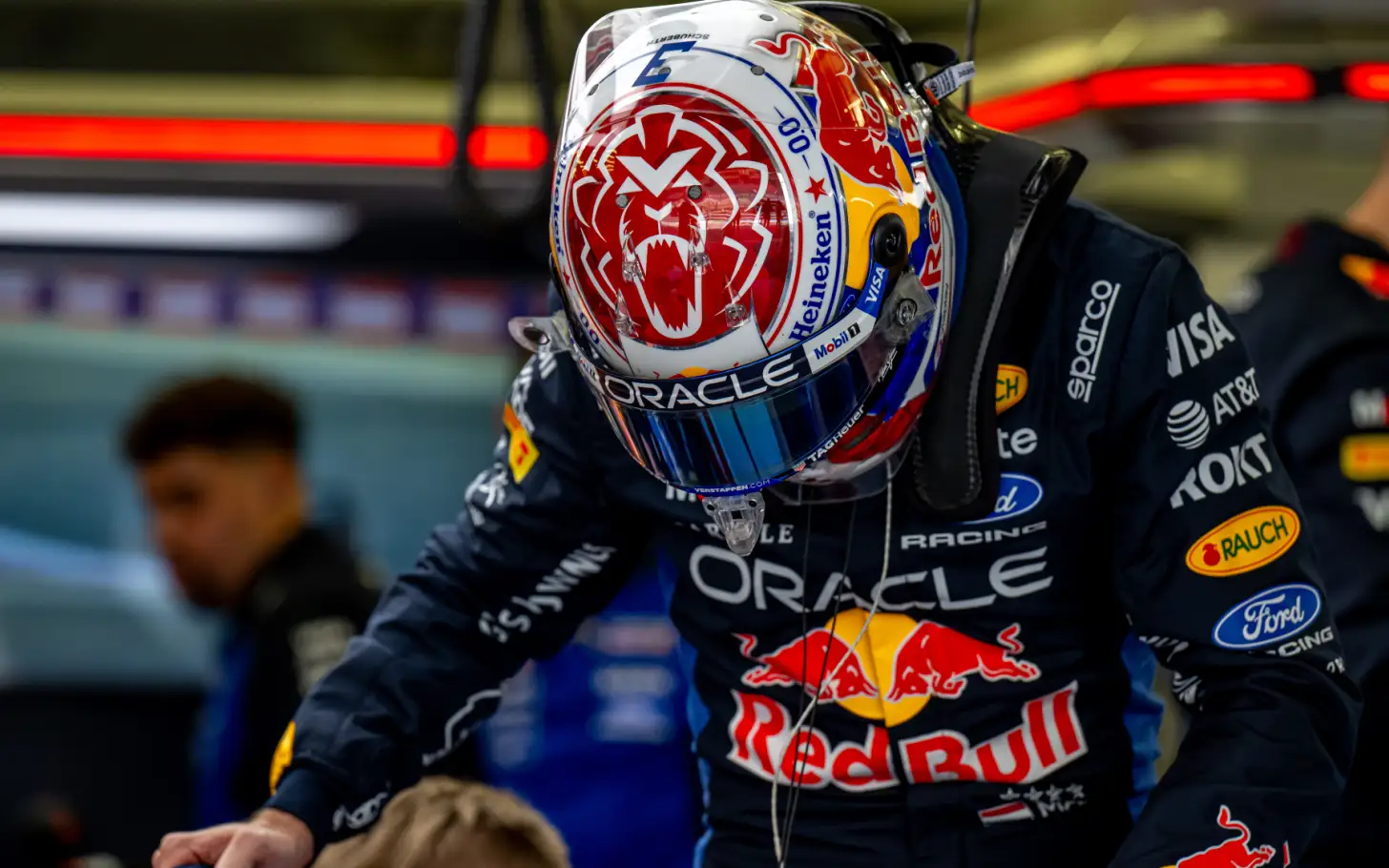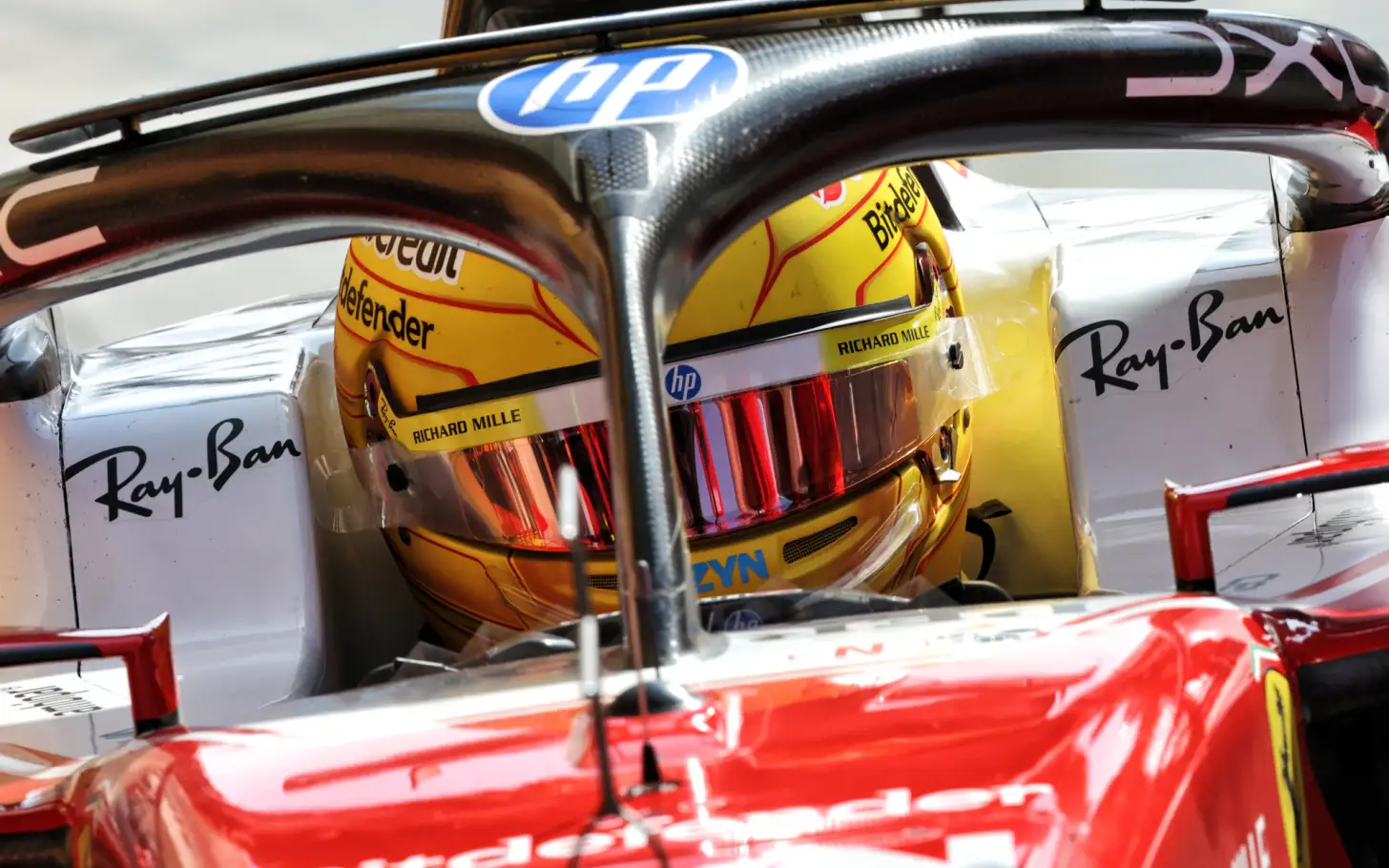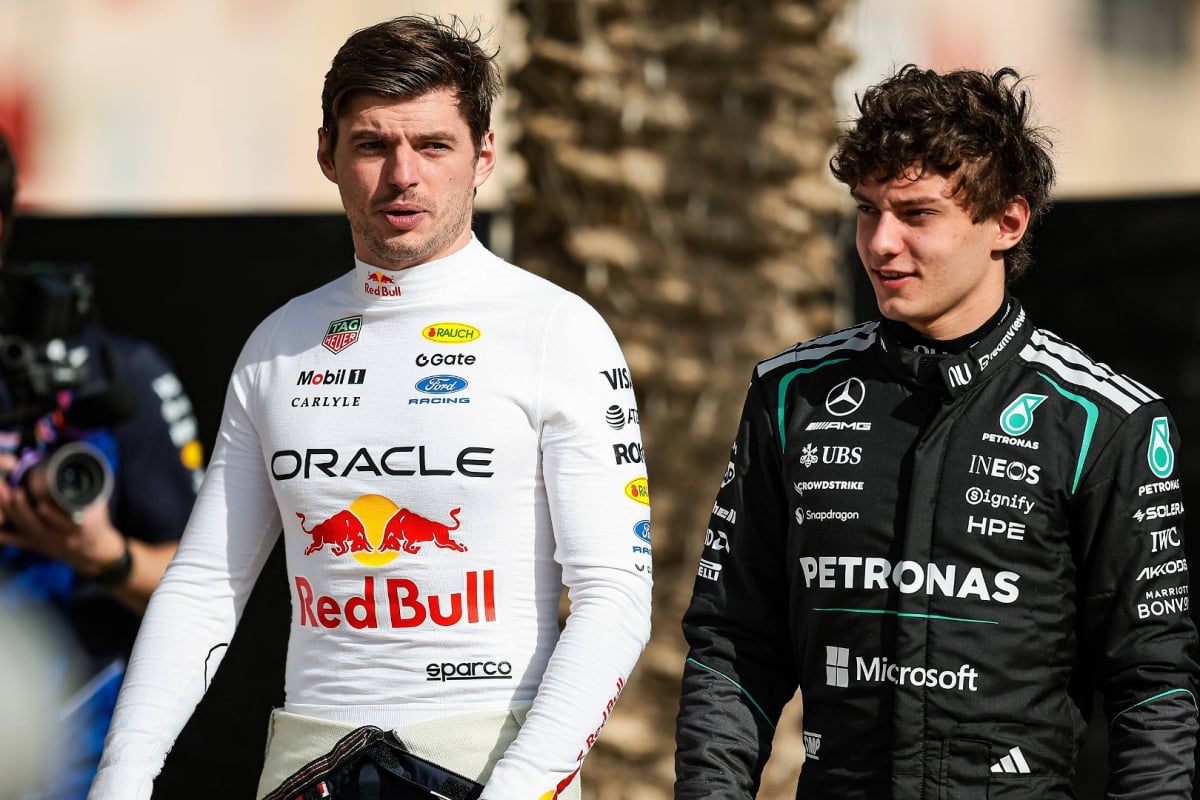McLaren problem ready to hit Formula 1 after Max Verstappen Ex…read more
McLaren left Imola under an unexpected spotlight, and Formula 1 now faces a thorny dilemma: how do you solve a “problem” that stems from brilliance rather than failure? The Woking squad currently fields the most rounded package on the grid. The MCL38 is quick on every type of corner, carries no glaring weaknesses, and is shepherded by the quietly razor-sharp Andrea Stella. In Lando Norris and Oscar Piastri, McLaren boasts a young driver pairing capable of fighting for either world championship. On paper, the ingredients for a dominant season are all there.
Yet a single missing element keeps turning those ingredients into a runner-up pie: Max Verstappen. The four-time world champion keeps wringing more performance from his still-rapid but occasionally temperamental Red Bull than seems plausible. Imola marked Verstappen’s second win of the year—Japan was the first—and both triumphs came on weekends when most paddock insiders expected McLaren to dictate terms. Give Verstappen even the faintest sniff of victory and he pounces. Hand McLaren what appears to be a sure-fire win and, too often, the team blinks just long enough for the Dutchman to swipe it, much like a seagull darting off with a tourist’s chips at Zandvoort.
This dynamic creates a two-pronged headache. For McLaren, the constant Verstappen spoiler alerts threaten to convert a constructors’ championship favourite into a psychological minefield, where every lost Sunday feels like an existential review of the entire project. For Formula 1 at large, there is a narrative risk. Historically, McLaren was a swashbuckling headline act—think Senna versus Prost, Hakkinen’s duel with Schumacher, or Hamilton’s explosive rookie arrival. A prolonged downturn in the 2010s, punctuated by the bruising Honda partnership, nudged the team off centre stage just as a wave of new, Netflix-era fans arrived.
Today’s casual viewer therefore lacks deep-rooted feelings about McLaren; the squad is neither universally loved nor comfortably cast as a villain. Unless Norris and Piastri ignite a fierce, charismatic title battle—or unless another superstar joins the fray—McLaren’s renaissance risks feeling clinical rather than compelling. Formula 1 storytelling thrives on larger-than-life characters and clear heroes or antagonists. Verstappen currently supplies both roles: the ruthless benchmark and the narrative lightning rod. McLaren, by contrast, must rediscover its own dramatic edge while simultaneously cracking the Verstappen code.
The season remains young, and consistent podiums keep McLaren firmly in championship contention. But until they turn “almost certain” victories into routine celebrations—and craft a storyline that captivates new fans—the team will keep staring at a familiar orange reflection in Red Bull-coloured sunglasses: good enough to win everything, except on the days when Max Verstappen decides nobody else will.
